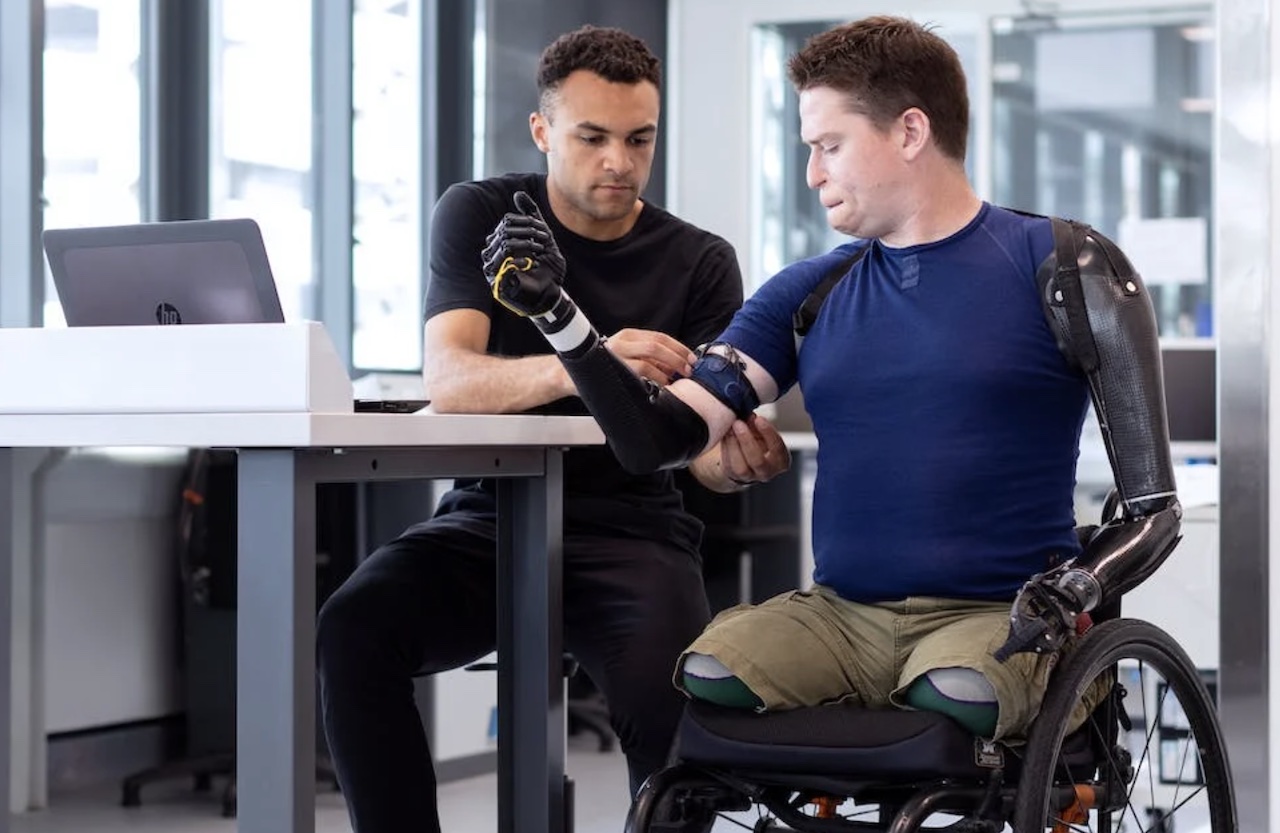Language sensitivity and Challenges in Healthcare Technology Consulting and Product Development
In today's rapidly evolving healthcare landscape, technology plays a crucial role in enhancing patient care, improving operational efficiency, and driving innovations. Healthcare technology consulting and product development are at the forefront of this revolution, aiming to create cutting-edge solutions that address the industry's complex challenges. However, amid this progress, language sensitivity and related challenges can significantly impact the success of these initiatives. In this blog, we delve into the importance of language sensitivity and explore the key challenges faced by healthcare technology consultants and product developers.

Understanding Language Sensitivity
Language sensitivity refers to the awareness and consideration of the cultural, linguistic, and ethical implications of the language used in healthcare technology solutions. As technology is increasingly integrated into patient care, communication between patients, healthcare providers, and the technology itself becomes critical. Any miscommunication or cultural insensitivity can lead to misinterpretations, reduced user adoption, and potential harm to patients.
Importance of Language Sensitivity in Healthcare Technology
-
Inclusive User Experience: Language sensitivity ensures that healthcare technology solutions are inclusive and accessible to diverse user groups, including patients from different linguistic and cultural backgrounds.
-
Accuracy and Clarity: Precise and clear language usage in interfaces, instructions, and medical data prevents misunderstandings that could compromise patient safety and data integrity.
-
Ethical Considerations: Healthcare technology must adhere to ethical standards, respecting patient privacy, cultural beliefs, and religious values.
Challenges in Healthcare Technology Consulting and Product Development
-
Multilingual Interfaces: Designing user interfaces that seamlessly support multiple languages while maintaining consistency and usability poses a significant challenge.
-
Medical Jargon and Complexity: Striking a balance between using accurate medical terminology and simplifying language for non-medical users can be difficult.
-
Cultural Adaptability: Adapting healthcare technology to suit different cultural norms, beliefs, and practices requires careful research and sensitivity.
-
Regulatory Compliance: Complying with various language-related regulations, such as translation requirements for medical documentation, can be complex.
-
Privacy and Data Security: Safeguarding patient data in multiple languages adds complexity to data encryption, storage, and access.
Overcoming Language Sensitivity Challenges
-
User-Centric Approach: Prioritize the needs and preferences of end-users in different linguistic and cultural contexts during the development process.
-
Collaboration and Cultural Expertise: Engage language experts, translators, and cultural consultants to ensure accurate translations and culturally appropriate designs.
-
Continuous Feedback and Testing: Gather feedback from diverse user groups through usability testing and iterate on language-related improvements.
-
Compliance and Standardization: Stay updated with language-related regulations and industry standards to maintain compliance.
Conclusion
Language sensitivity is a pivotal factor in healthcare technology consulting and product development. As the industry continues to advance, embracing linguistic and cultural diversity becomes paramount. By adopting a user-centric approach and collaborating with language experts, healthcare technology professionals can navigate language sensitivity challenges effectively. Together, we can create healthcare solutions that not only excel in technological prowess but also cater to the diverse needs of patients and healthcare providers worldwide.
Learn more about health technology: https://en.wikipedia.org/wiki/Health_technology